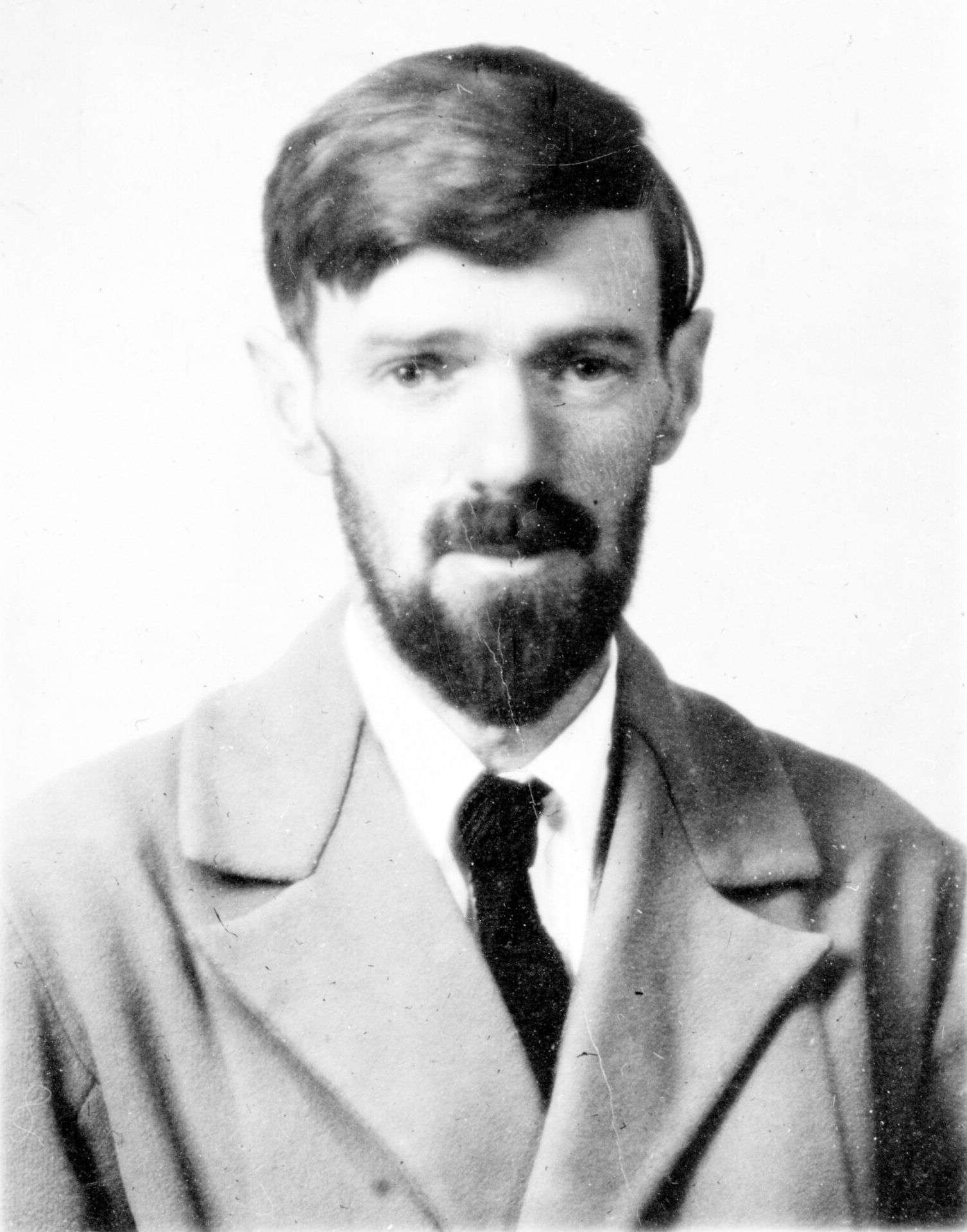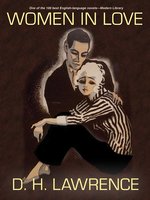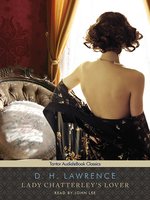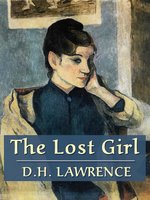D. H. Lawrence
 David Herbert Lawrence (11 September 1885 – 2 March 1930) was an English novelist, short story writer, poet, playwright, literary critic, travel writer, essayist, and painter. His modernist works reflect on modernity, social alienation and industrialization, while championing sexuality, vitality and instinct. Four of his most famous novels — ''Sons and Lovers''
(1913), ''The Rainbow'' (1915), ''Women in Love'' (1920), and ''Lady Chatterley's Lover'' (1928)— were the subject of censorship trials for their radical portrayals of romance, sexuality and use of explicit language.
David Herbert Lawrence (11 September 1885 – 2 March 1930) was an English novelist, short story writer, poet, playwright, literary critic, travel writer, essayist, and painter. His modernist works reflect on modernity, social alienation and industrialization, while championing sexuality, vitality and instinct. Four of his most famous novels — ''Sons and Lovers''
(1913), ''The Rainbow'' (1915), ''Women in Love'' (1920), and ''Lady Chatterley's Lover'' (1928)— were the subject of censorship trials for their radical portrayals of romance, sexuality and use of explicit language.Lawrence's opinions and artistic preferences earned him a controversial reputation; he endured contemporary persecution and public misrepresentation of his creative work throughout his life, much of which he spent in a voluntary exile that he described as a "savage enough pilgrimage". At the time of his death, he had been variously scorned as tasteless, avant-garde, and a pornographer who had only garnered success for erotica; however, English novelist and critic E. M. Forster, in an obituary notice, challenged this widely held view, describing him as "the greatest imaginative novelist of our generation". Later, English literary critic F. R. Leavis also championed both his artistic integrity and his moral seriousness. Provided by Wikipedia
-
1
-
2
-
3
-
4
-
5
-
6
-
7
-
8
-
9
-
10
-
11
-
12
Search tools:
Get RSS feed
–
Email this search
Related Subjects
Adultery
Coal mines and mining
Gamekeepers
Literature
Married women
Non-consensual non-monogamy
Non-monogamy
Aristocracy (Social class)
Art, Etruscan
Chinese language materials
City and town life
Coal miners
English essays
Erotic stories
Etruscans
Fiction
Friendships
Historical fiction
History
Homosociality
Male friendship
Man-woman relationships
Men's friendships
Mothers and sons
Nobility
Romanies
Runaway wives
Sexual behavior
Sexual practices
Short stories



